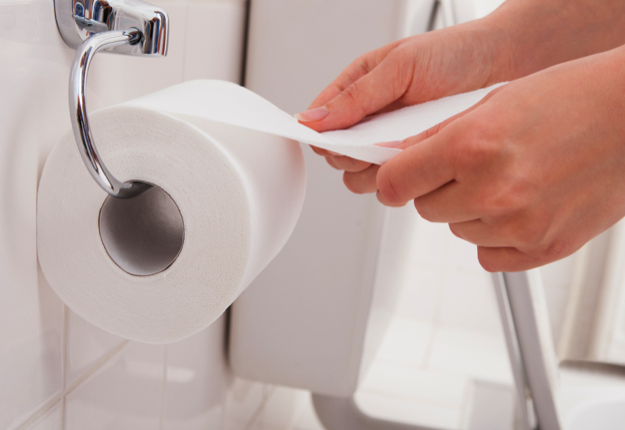Sure, being active is great, but there’s one particular part of our body we definitely don’t want to be too active – our bladder.
An estimated 12 per cent of Australians have a condition called overactive bladder, which can cause much upheaval and distress in a person’s life.
What is overactive bladder?
Your bladder is like a muscular balloon, which contracts to empty its contents when full. Overactive bladders contract involuntarily and unexpectedly, often due to problems with the neural connection to the bladder, or as the result of an obstruction. Sometimes there are no known causes.
People with overactive bladders are known to have less work productivity, less sexual satisfaction, higher rates of depression and poorer sleep.
Affected males have more erectile dysfunction and postmenopausal women with overactive bladders have a higher risk of falling and sustaining bone fractures than other postmenopausal women.
The main symptoms of overactive bladder may include:
- Having to urinate urgently, regardless of whether you’ve been drinking or not, or whether you’ve just been to the toilet.
- Having to urinate more than about eight times over a 24-hour period.
- Waking up more than two times overnight to urinate.
- Leaking or wetting yourself before you reach the toilet on time.
Preventing the condition may be difficult, but symptoms can be reduced by adopting a few lifestyle changes. Lifestyle changes that can help are:
- Regulate your fluid intake. Regulate your fluid intake so you’re drinking the correct volume for your body and level of activity, at the right times (a continence professional can guide you as to these amounts). Too much fluid can overfill your bladder and too little fluid can concentrate the urine, which irritates the bladder. Your fluid intake should also be scheduled so you drink well in advance of appointments or outings.
- Limit alcohol and caffeine-based drinks. Alcohol, caffeine-based drinks and fizzy drinks are known to irritate the bladder, which exacerbates symptoms of overactive bladder. Alcohol also has a diuretic effect, which can cause more frequent urination.
- Avoid constipation. Constipation can trigger or worsen symptoms of overactive bladder. Not only is the bladder’s physical space in the abdomen restricted as a result of constipation, straining on the toilet can weaken the pelvic floor. Ensure you take every measure to avoid constipation, such as eating a fibre-rich diet, exercising regularly and responding immediately to your body’s signal to defecate.
- Keep your weight in the healthy range. There is evidence that losing weight decreases the severity and frequency of symptoms of overactive bladder.
Effective, drug-free treatment programs
There are two non-invasive and drug-free treatment programs, pelvic floor training and bladder training, that are effective in alleviating the symptoms of overactive bladder (after your doctor has ruled out possible causes such as prolapse, spinal damage, enlarged prostate and certain medications).
Pelvic floor training
Your continence professional can teach you how to strengthen and train your pelvic floor muscles so you are better able to control urinary leakage and lessen the impact of involuntary contractions of the bladder.
Bladder training
Your continence professional can also teach you how to train your bladder so it holds more urine and empties less often by scheduling longer toileting breaks and using distraction techniques to “hold on” for longer periods.
For further advice, or to locate your nearest continence professional, phone the free National Continence Helpline (1800 33 00 66), which is staffed by continence health nurses 8am to 8pm weekdays. Go here for more information.




















4:45 pm
9:27 pm
10:39 am
12:39 am
9:04 pm
-

-
-
mom94125 replied
- 17 Oct 2015 , 11:10 pm
Reply7:45 pm
11:59 pm
9:11 am
6:57 am
2:07 pm
11:45 am
-

-
-
mom88528 replied
- 03 Feb 2015 , 2:26 pm
Reply10:46 pm
-

-
-
mom57522 replied
- 31 Jan 2015 , 11:03 pm
-

-
-
mom88528 replied
- 03 Feb 2015 , 2:24 pm
Reply12:18 pm
-

-
-
mom88528 replied
- 03 Feb 2015 , 2:19 pm
Reply9:46 am
-

-
-
mom88528 replied
- 27 Jan 2015 , 12:41 pm
Reply4:28 pm
8:18 pm
4:36 pm
3:08 pm
9:26 pm
-

-
-
mom88528 replied
- 22 Jan 2015 , 9:04 am
Reply8:01 pm
-

-
-
mom88528 replied
- 22 Jan 2015 , 9:03 am
Reply- 1
- 2
- 3
- »
Post a commentTo post a review/comment please join us or login so we can allocate your points.